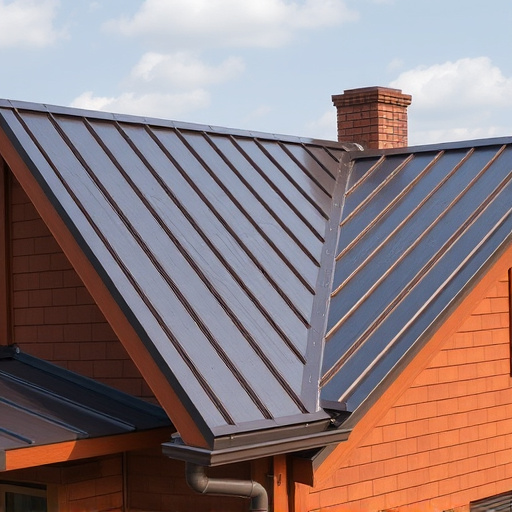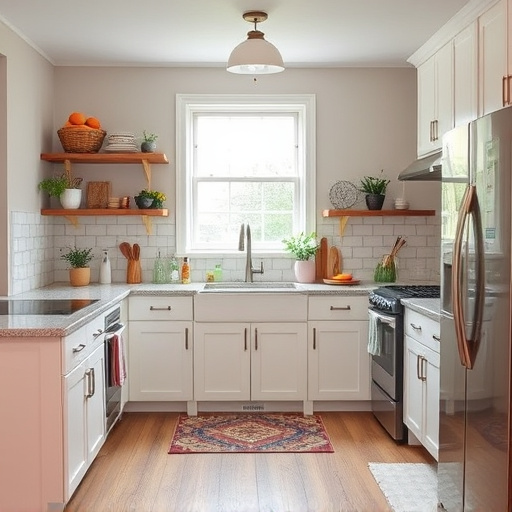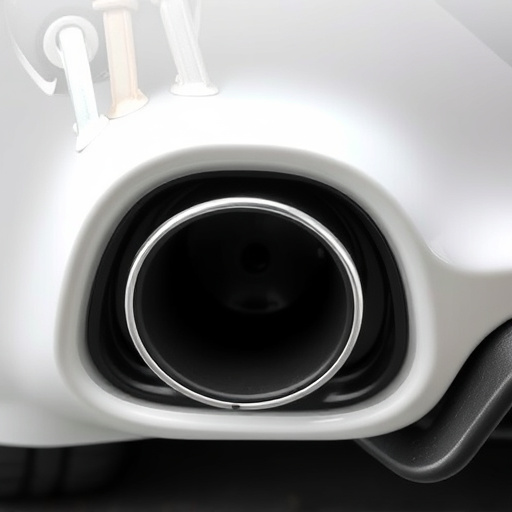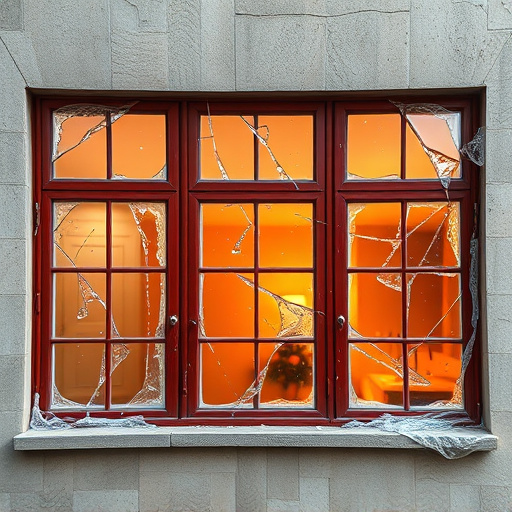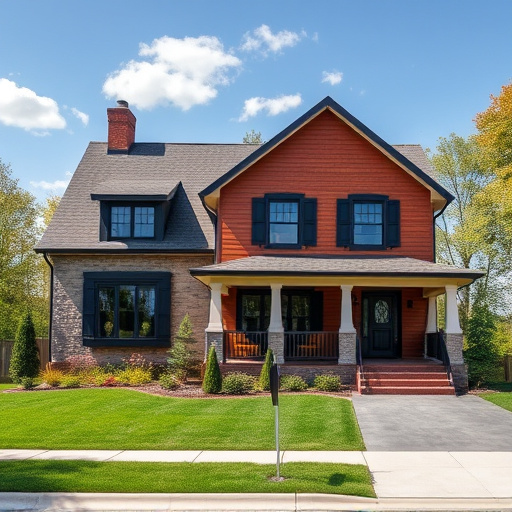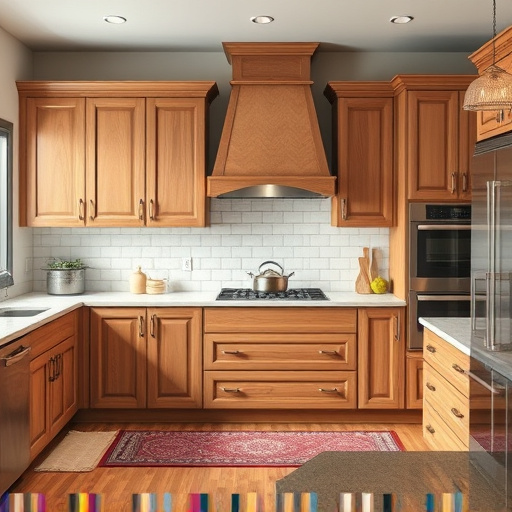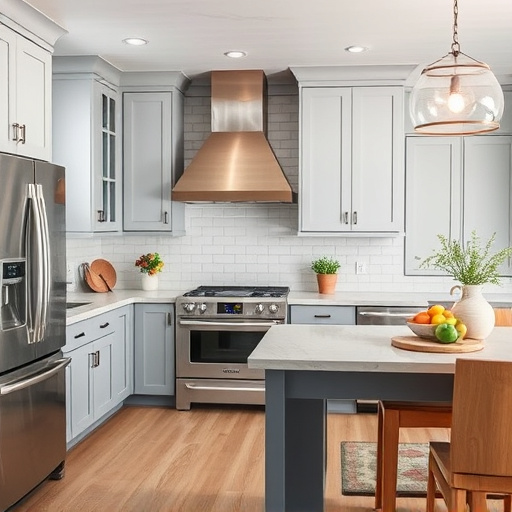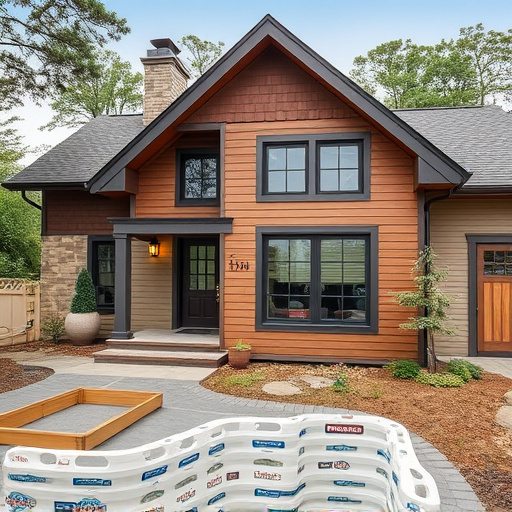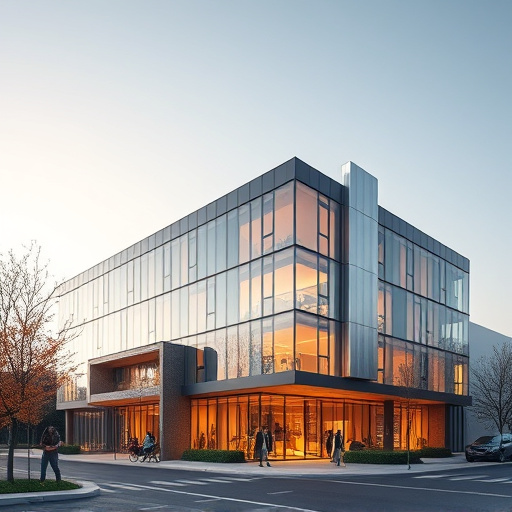Hardwood flooring is a popular kitchen choice for its timeless beauty and durability, offering aesthetic appeal, low maintenance, and increased property value. While expensive upfront and requiring regular care, it creates an allergy-friendly space and enhances home attractiveness, making it a desirable investment for many homeowners.
Hardwood flooring has long been a popular choice for homes, but its benefits are especially evident in kitchens. This natural material offers unparalleled beauty and durability, enhancing the aesthetic appeal of any space. In this article, we’ll explore both the advantages and disadvantages of installing hardwood floors in your kitchen, providing valuable insights to help you make an informed decision. From increased property value to creating an allergy-friendly environment, discover why hardwood flooring could be the perfect choice for your culinary haven.
- Beauty and Durability: Hardwood's Appeal in Kitchens
- Pros: Increased Value and Allergy-Friendly Environment
- Cons: Maintenance Concerns and Cost Considerations
Beauty and Durability: Hardwood's Appeal in Kitchens

Hardwood flooring has long been a favorite among homeowners for its timeless beauty and durability, and kitchens are no exception. In fact, hardwood’s natural elegance makes it an excellent choice to elevate the aesthetic appeal of this bustling central hub of many homes. The warm tones and intricate grain patterns add depth and character to kitchen spaces, creating an inviting atmosphere that is both cozy and sophisticated.
Beyond its aesthetic advantages, hardwood flooring offers durability that can withstand the rigors of kitchen life. It’s capable of enduring regular foot traffic, spills, and even scuffs, making it a low-maintenance option for busy households. Unlike some cheaper alternatives, hardwood won’t show signs of wear and tear as quickly, ensuring your kitchen stays looking its best for years to come—even after whole house remodels or customized work on the exterior painting.
Pros: Increased Value and Allergy-Friendly Environment
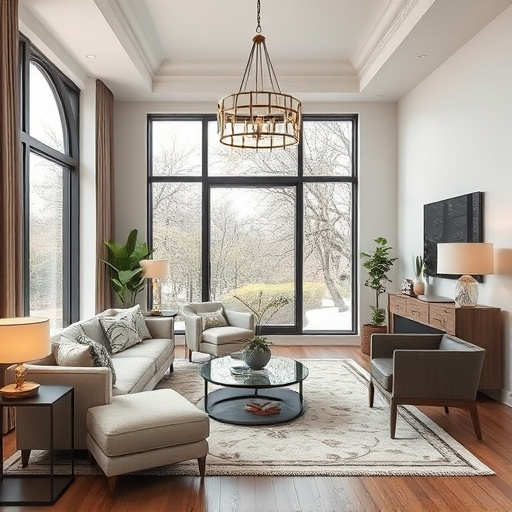
One of the significant advantages of installing hardwood flooring in your kitchen is the substantial increase in property value. This classic and timeless addition can enhance the overall aesthetic appeal of your space, making it more desirable to potential buyers if you ever decide to sell. Moreover, hardwood floors create an allergy-friendly environment by eliminating the presence of dust and allergens that are common with other flooring types. Unlike carpeting, which can trap allergens and trigger respiratory issues for those sensitive to them, hardwood flooring provides a smooth, easily cleanable surface that reduces the risk of allergic reactions during a kitchen remodel or any customized home renovations.
Cons: Maintenance Concerns and Cost Considerations
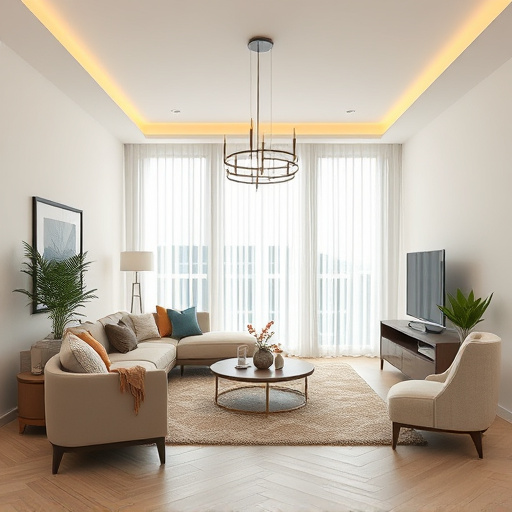
While hardwood flooring adds natural beauty and warmth to kitchens, it’s not without its downsides. One significant consideration is maintenance—hardwood requires regular cleaning and polishing to maintain its glossy finish and prevent scratches or dents. Oils, stains from food and drinks, and even water damage can all impact the integrity of the floor, necessitating specialized care compared to other flooring types.
Cost is another crucial factor. While hardwood floors can enhance a kitchen’s aesthetics, they tend to be more expensive upfront than alternatives like tile or vinyl. Customized work for installation, especially in unique kitchen layouts or during a comprehensive bathroom remodel, further increases costs. However, many homeowners find that the long-term durability and elevated property value of hardwood flooring justify the initial investment, particularly when considering the potential for customized home renovations to create a truly bespoke living space.
Hardwood flooring offers a beautiful, durable option for kitchens, enhancing aesthetics while providing an allergy-friendly environment that increases property value. However, its maintenance demands and higher cost must be considered. With proper care, hardwood floors can withstand kitchen traffic for years, making them a worthy investment for any homeowner.



